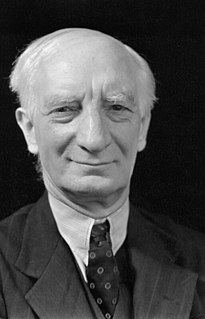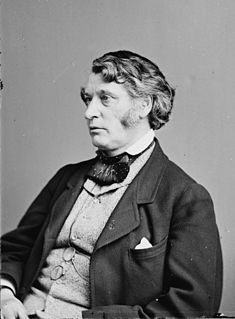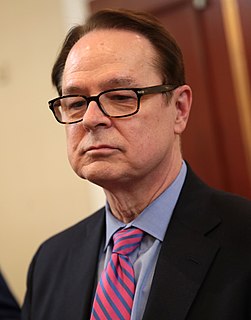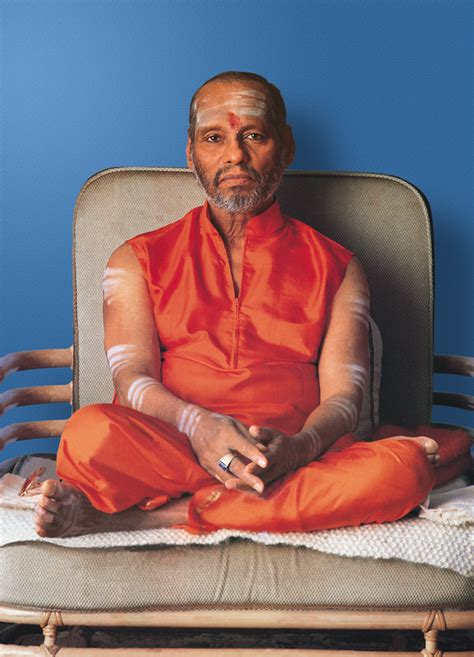A Quote by William Beveridge
The object of government in peace and in war is not the glory of rulers or of races, but the happiness of the common man.
Related Quotes
Throughout history civilian populations and political rulers have talked of peace. We have never been free of war. The soldier, whose profession is war, understands that peace must be enforced by superior military might. The certainty of defeat is the only effective deterrent we can use to maintain peace. Furthermore, we can be strong without being aggressive.
War is harmful, not only to the conquered but to the conqueror. Society has arisen out of the works of peace; the essence of society is peacemaking. Peace and not war is the father of all things. Only economic action has created the wealth around us; labor, not the profession of arms, brings happiness. Peace builds, war destroys.
Libertarians have always battled the age-old scourge of war. They understood that war brought death and destruction on a grand scale, disrupted family and economic life, and put more power in the hands of the ruling class - which might explain why the rulers did not always share the popular sentiment for peace. Free men and women, of course, have often had to defend their own societies against foreign threats; but throughout history, war has usually been the common enemy of peaceful, productive people on all sides of the conflict.
National Socialist Germany wishes for peace because it recognises the simple fact that no war would be likely to substantially to ameliorate the state of distress in Europe. The distress would probably be made the greater thereby. If only the leaders and rulers had wanted peace, the people would never have wished for war.
Unless modern civilization is a failure, it is entirely feasible and practicable for two races in such essential political, economic and religious harmony as the white and colored people in America, to develop side by side in peace and mutual happiness, the peculiar contribution which each has to make to the culture of their common country.
Government is instituted for the common good; for the protection, safety, prosperity, and happiness of the people; and not for profit, honor, or private interest of any one man, family, or class of men; therefore, the people alone have an incontestable, unalienable, and indefeasible right to institute government; and to reform, alter, or totally change the same, when their protection, safety, prosperity, and happiness require it.
The cry has been that when war is declared, all opposition should therefore be hushed. A sentiment more unworthy of a free country could hardly be propagated. If the doctrine be admitted, rulers have only to declare war and they are screened at once from scrutiny. . . . In war, then, as in peace, assert the freedom of speech and of the press. Cling to this as the bulwark of all our rights and privileges.



































